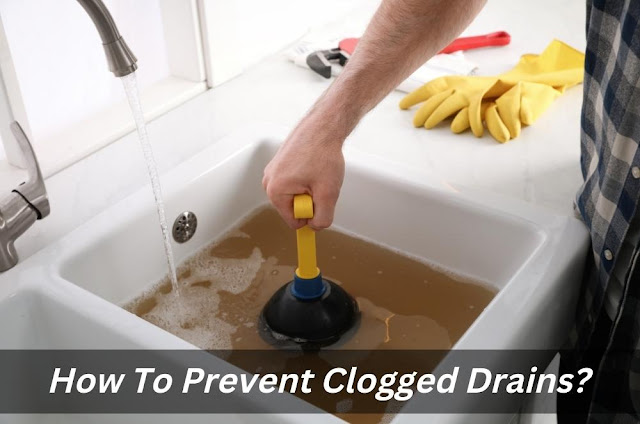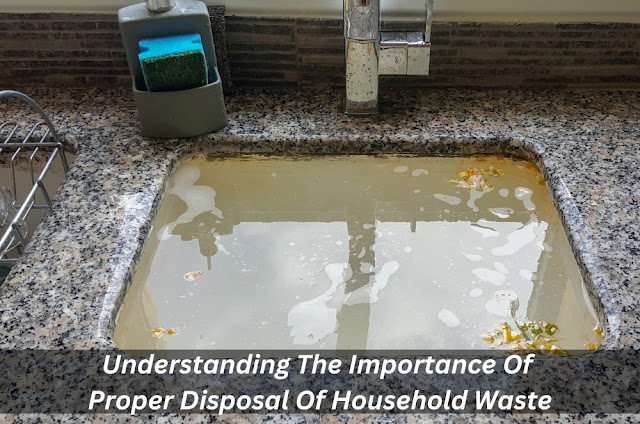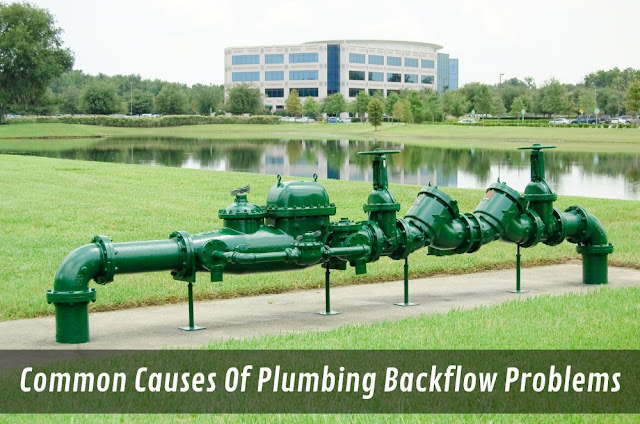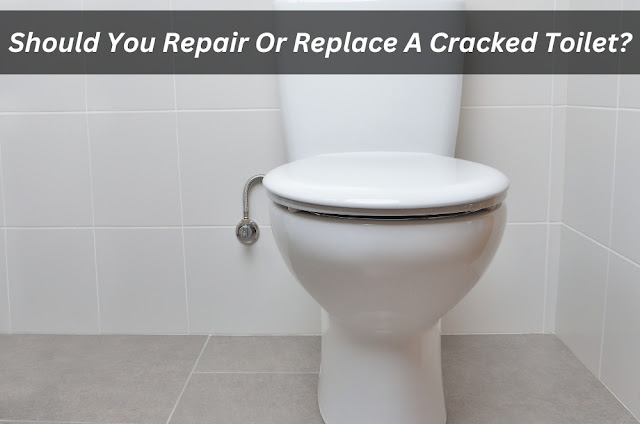How To Prevent Clogged Drains?
Are you searching for a plumber Sydney Wide to help you with your plumbing problems? Having trouble with your plumbing system like clogged drains? If your answer is yes, then read on to learn more tips on how to prevent it from happening.
Clogged drains happen frequently and sometimes they occur without warning. There are several reasons why your drains get blocked. How can you prevent them from happening?
It happens to everyone at some point or another – our drains can become clogged. If you haven’t had one recently, chances are it won’t come as much of a surprise. What might catch you off guard though is having one unexpectedly pop up in your kitchen sink.
You don’t want things going down your drain because you didn’t know about it until it was too late. Fortunately, it isn't very complicated, and once you learn how to unclog a drain properly, you can do so anytime you want, even after a heavy rain storm. In addition, there are certain steps you can take to ensure you never experience a problem like this again.
Clean Out Your Sinks And Drains Regularly
Your sinks and drains should be cleaned at least every three months. This helps keep them running efficiently and prevents the buildup of hair, soap scum, grease, etc. Cleaning your drains regularly will reduce the risk of clogging.
Once your drains dry out, it's time to call a professional. You may need to replace your filter or even change the type of material used to line your pipes. The bottom line is that your drains shouldn't be clogged all the time. They're supposed to be working 24/7.
Plumbing System Services
What Causes Leaky Pipes?
A major reason why your pipes could be leaking is due to the fact that they aren't installed properly. One of two things needs to happen for the pipe to be installed correctly: Either it must be fitted together using threaded connections or welded.
If either method is used, then the metal ends of each section of the pipe must remain fully intact. Any breaks within the pipe wall will allow gallons of water to leak in and out.
In order to prevent leaks from occurring, the proper size fitting must be inserted within the pipe before the sections are welded together. If the fittings are small enough, then the pipe itself will hold the sections together securely.
Even if you properly install your pipes, there's still the possibility that a leak will occur. The most common plumbing problems and reasons why this happens include:
Cracked Pipelines
Pipe damage caused by water pressure - this occurs when high-pressure water is allowed to travel through a damaged pipeline. As a result, the pipeline cracks and allows water to escape.
Narrower Passages
Draining passages such as dishwashers, washing machines, laundry tubs, and toilets often require smaller diameter piping than conventional plumbing water lines. If the pipe becomes blocked, it's possible that the water flowing will stop completely.
Cracks Within Walls
Faulty walls or floors can cause cracks within the pipe. Cracking weakens the structure and increases the risk that water will seep in.
Bathroom Plumbing Problem
Cleaning Bathtubs & Showers
If you've just moved into your new home, then you'll probably want to get your bathroom up and running quickly. However, you'll need to make sure that the plumbing systems are functioning well before you move in.
Your first step should be to remove any toilet paper roll covers or shower screens so that you don't end up with an unpleasant surprise later on. Make sure that everything is flushed thoroughly and that no water remains in the pipes following its flush cycle. You can use a clog remover like a drain snake or plunger to check for any obstructions within the pipes.
After these initial steps have been completed, it's important to perform regular maintenance checks. This includes checking your flushing system, cleaning your bathtub and shower, and changing your filters. These tasks ensure that your plumbing system operates smoothly and effectively.
Sink Drain Repair: Is It Worth the Risk?
If you notice any signs of trouble with your plumbing system, call a plumber Sydney Wide for help! These professionals are experts in handling all plumbing issues like dripping faucets, running toilets, hot water heater systems, clogged toilets, and defective sewer lines. They will be able to quickly diagnose the issue and repair it correctly so that it doesn't return.
The best way to avoid clogs is to keep your drains clean. A lot of people think their drains have to be cleaned out on a regular basis but this is actually not true. Your drains only need cleaning when they begin to look grimy or dirty. When your drains look unclean, they are also more likely to start to break down and cause other problems.
Your home's drainage system will run smoothly if you keep it free of debris. The easiest way to do this is by keeping your drains and sinks clear. Once these areas turn into breeding grounds for bacteria, those organisms find their way into other parts of the house through pipes. This creates problems within your home.
Some DIY tips include using baking soda and vinegar to clean your bathtub, filling up a bucket with warm water and adding some bleach to disinfect your tub and shower area, and making sure that you empty your sink regularly while you're at work or school.
To lower the cost of your water bills, you may want to invest in low-flow faucets. These faucets are designed to reduce the amount of water used during each flush cycle, which reduces the volume of water that flows down the drain.
To keep drains clear, consider having someone drain your sinks and showers on a regular basis. By removing all the debris trapped within your pipes, you'll help to prevent blockages and maintain a smooth flow of water.




Comments
Post a Comment